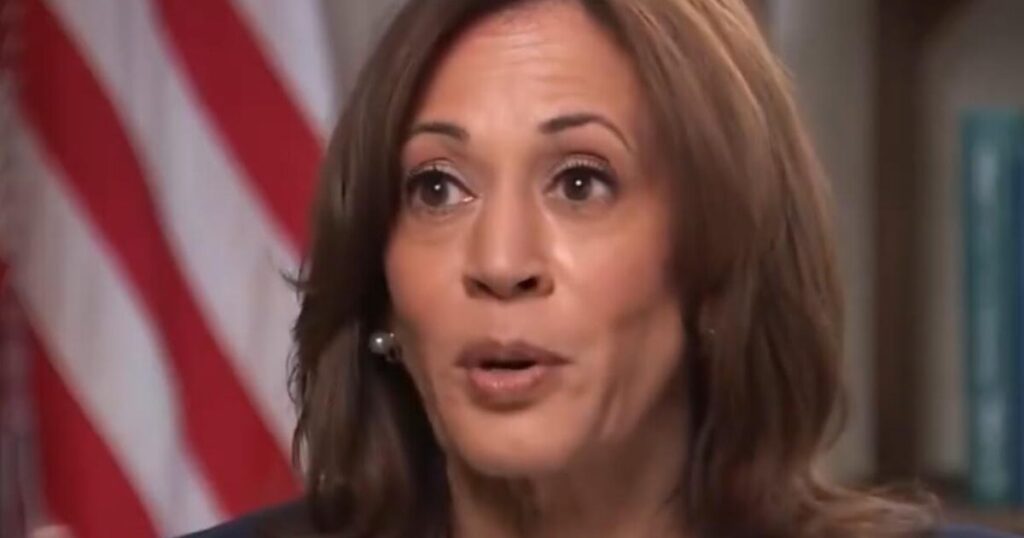In a recent interview with WISN 12 News Political Director Matt Smith, Vice President Kamala Harris discussed the challenges surrounding her administration’s proposed policies just days before Election Day. The conversation highlighted voter frustrations, especially in Wisconsin, where many constituents expressed skepticism about the Biden administration’s effectiveness. Smith questioned Harris directly, referencing feedback from voters who wondered why the administration hadn’t yet implemented its proposed solutions. In a light-hearted moment, Harris quipped, “Well, I’m not president!” This remark, though humorous, underscored a significant point: her current role restricts her ability to enact certain policies independently.
The topic of inflation emerged as a critical discussion point, with Smith pressing Harris on how voters might blame her for rising food prices. Responding candidly, she acknowledged that grocery prices remain a pressing concern, indicating that many families struggle to afford necessities. Harris outlined her proposed approach for addressing this issue, which included mechanisms aimed at countering corporate price gouging. While her plan resonated with some voters, critics pointed out that her administration’s past decisions, including the historic inflation levels seen in recent years, have been detrimental to American families’ financial stability.
Harris’s suggestion of price controls drew particular scrutiny. Critics labeled her proposals as reminiscent of failed economic policies from other nations, including those seen in Venezuela, where extensive regulations have led to widespread shortages and economic decline. Her plans were seen as radical and derisive by those worried about her administration’s ability to address the underlying issues contributing to inflation. Harris’s past decisions, particularly her pivotal vote on certain measures viewed as inflationary, have left many questioning her current solutions.
The tension between Harris’s aspirations for a renewed economic strategy and her record as vice president formed a core theme of the interview. While she expressed a desire to build on previous achievements, the juxtaposition of her current role against her ambitions raised legitimate concerns. Voters want to see actionable results and are understandably frustrated when policies do not yield timely or effective improvements in their day-to-day lives, leading to a growing disillusionment with the administration.
As the interview progressed, it became increasingly clear that the administration’s communication strategy would be tested in the final days leading up to the election. Harris’s attempts to connect with voters and demonstrate accountability must resonate in tangible ways, especially as dissatisfaction regarding economic issues remains palpable. With inflation continuing to impact everyday expenses, including groceries and housing, she must convey a sense of urgency and capability to alleviate voters’ concerns.
In summary, the interview with Matt Smith served as a microcosm of the broader political climate as the election approached. Kamala Harris found herself navigating complex voter sentiments concerning her past performance while articulating a new vision for America’s economy. The administration’s ability to effectively communicate its plans, address public grievances, and demonstrate genuine progress will be critical in determining electoral outcomes and restoring public faith in its leadership.

